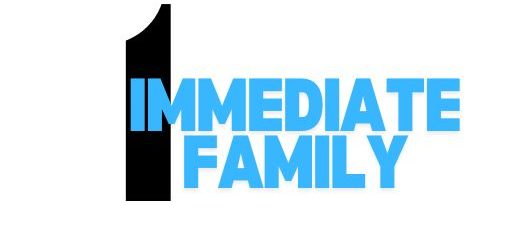Ultimate Guide to Federal Housing Administration (FHA) Loans: Requirements, Benefits, and How to Qualify
What is an FHA Loan?
An FHA loan is a mortgage insured by the Federal Housing Administration. These loans are issued by FHA-approved lenders and can be used to purchase or refinance various types of homes, including single-family houses, townhouses, and condominiums. The FHA does not lend money directly but provides insurance to protect lenders against losses if borrowers default on their mortgages. This insurance makes it possible for lenders to offer more favorable terms to borrowers.
FHA Loan Requirements
To qualify for an FHA loan, several requirements must be met:
Credit Score
-
A minimum FICO® score of 580 is required for a 3.5% down payment.
-
A minimum FICO® score of 500 is required for a 10% down payment.
Down Payment
-
With a credit score of 580 or higher, you can qualify for a 3.5% down payment.
-
With a credit score between 500 and 579, you’ll need a 10% down payment.
Debt-to-Income Ratio
- The preferred Debt-to-Income (DTI) ratio is 43%, but it can be up to 50% or higher with compensating factors such as additional income or significant cash reserves.
Employment and Income
- You must have steady income and proof of employment to qualify for an FHA loan.
Primary Residence
- The home you are purchasing must be your primary residence.
Mortgage Insurance Premium (MIP)
- Mortgage Insurance Premium (MIP) is required and varies based on the down payment amount. MIP can last the full term of the loan if the down payment is less than 10%.
Benefits of FHA Loans
FHA loans offer several benefits that make them highly appealing:
Lower Down Payments
- Down payments as low as 3.5% of the home’s purchase price, which is significantly lower than what conventional loans require.
Competitive Interest Rates
- More favorable interest rates compared to conventional loans, making your monthly mortgage payments more manageable.
Flexible Credit Requirements
- Lower minimum credit score requirements and a more forgiving credit history compared to conventional loans.
Higher Debt-to-Income Ratio
- Allowance for higher DTI ratios compared to conventional loans, giving more flexibility in qualifying for a mortgage.
Support for Home Improvement Projects
- The FHA 203(k) loan allows you to finance properties that require renovations, combining the purchase and renovation costs into one loan.
Gift Funds and Down Payment Assistance
- Flexibility in using gift funds and down payment assistance programs to help with your down payment.
How to Qualify for an FHA Loan
Qualifying for an FHA loan involves several steps:
Credit History and Score
- Your credit score and payment history play a crucial role in the qualification process. A good credit score can significantly improve your chances of approval.
Financial Documentation
- You will need to provide proof of income, employment, and other financial documents to demonstrate your ability to repay the loan.
Property Requirements
- The property must meet the FHA’s health and safety standards and be appraised by an FHA-approved appraiser.
Working with an FHA-Approved Lender
- It is essential to work with an FHA-approved lender to apply for the loan. These lenders are familiar with FHA guidelines and can guide you through the process smoothly.
FHA vs. Conventional Loans
When deciding between an FHA loan and a conventional loan, several factors come into play:
Credit Score Requirements
- FHA loans require a minimum credit score of 500-580, while conventional loans typically require a score of 620 or higher.
Down Payment Requirements
- FHA loans offer down payments as low as 3.5%-10%, whereas conventional loans often require 5%-20% down payments.
Mortgage Insurance
- FHA loans require Mortgage Insurance Premium (MIP), while conventional loans require Private Mortgage Insurance (PMI) if the down payment is less than 20%.
Debt-to-Income Ratio
- FHA loans allow DTI ratios up to 50% or higher with compensating factors, whereas conventional loans generally prefer DTI ratios below 36%.
Loan Limits and Property Types
- FHA loans have specific loan limits that vary by area, and they can finance different types of properties compared to conventional loans.
Disadvantages of FHA Loans
While FHA loans offer many benefits, there are also some potential drawbacks:
Mortgage Insurance Premiums
- If you put down less than 10%, the MIP lasts the full term of the loan, which can increase your monthly mortgage payments.
Property Standards
- The FHA has strict health and safety standards for properties, which may limit your choices or require additional inspections and repairs.
Loan Limits
- The loan amount cannot exceed the conforming limit for your area, which might be lower than what you need for more expensive homes.
Occupancy Requirements
- The home must be your primary residence; you cannot use an FHA loan for investment properties or second homes.





